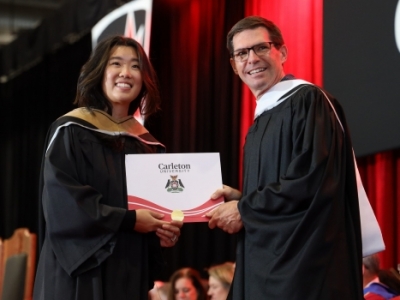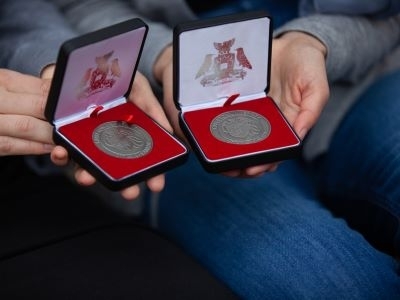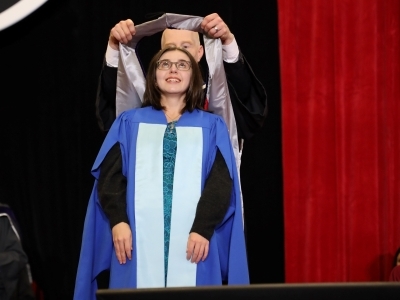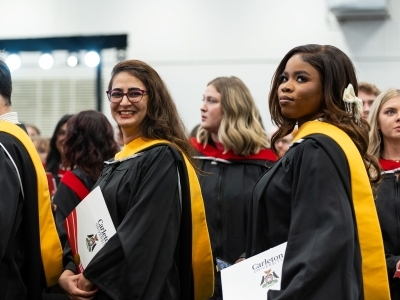Amsterdam is a beautiful city. And grad student Ottilie Grisdale is enjoying every bit of it.
“Visitors and Amsterdammers alike often describe the city as having a special rhythm, a magical pulse that propels daily life,” notes Grisdale. “From the countless museums to the city’s exquisite architecture, you are always learning about Dutch culture both past and present everywhere you go. I really enjoy going for runs along the canals or checking out the unique city neighbourhoods. It’s a real gift to see this city in motion.”
Grisdale is in Amsterdam to research her thesis on Dutch politics and culture as part of her master’s degree in European. Russian and Eurasian Studies (EURUS).
“In recent years, Dutch politics have arguably become significantly more conservative, with the value of multiculturalism itself routinely questioned by the populist right,” says Grisdale. “When considered within the larger European/EU context —which suggests populist parties are on the rise—studying this historical shift in politics seemed like a great research opportunity.”
She hopes that her research will add another voice to the growing academic discussion on the rise of populism in Europe. Personally, she says that the Amsterdam trip has introduced her to a wealth of new themes critical to her project that she would never have considered or had access to from Ottawa.
 Grisdale says that the EURUS MA program encourages students to make field research and/or language training a part of their MA experience. “Many of my friends in the program have or are currently undertaking their field research, and I think I can say we have all found it to be an incredibly rewarding experience.”
Grisdale says that the EURUS MA program encourages students to make field research and/or language training a part of their MA experience. “Many of my friends in the program have or are currently undertaking their field research, and I think I can say we have all found it to be an incredibly rewarding experience.”
The grad student is also writing blogs for History Prof. Jennifer Evans’ research project Hate 2.0, which explores methods to combat right-wing extremism online. “Professor Evans’ generous offer has enriched the context of my trip to the Netherlands.”
Evans is Grisdale’s supervisor. “From Professor Evans, I have learned how to conduct historical research from “non-traditional” historical research archives such as YouTube or best-seller booklists. Learning to draw from distinct research landscapes has enabled me to explore populist cultural production from a grounded historical research perspective.”
After she finishes her master’s, Grisdale is considering pursuing a PhD in history. “Since doctoral studies involve much more extensive field research, I am especially grateful for this introductory experience during my master’s studies,” she shares.
She will return from Amsterdam the end of December.
Her trip was funded through a Graduate-Travel Research Grant from Carleton’s Centre for European Studies (CES). Every year, CES invites Carleton grad students from all disciplines to submit funding applications for research projects that contain a thematic focus on the European Union (EU), EU integration, or Canada-EU relations.
Wednesday, November 13, 2013 in Grad Student Research, News
Share: Twitter, Facebook



